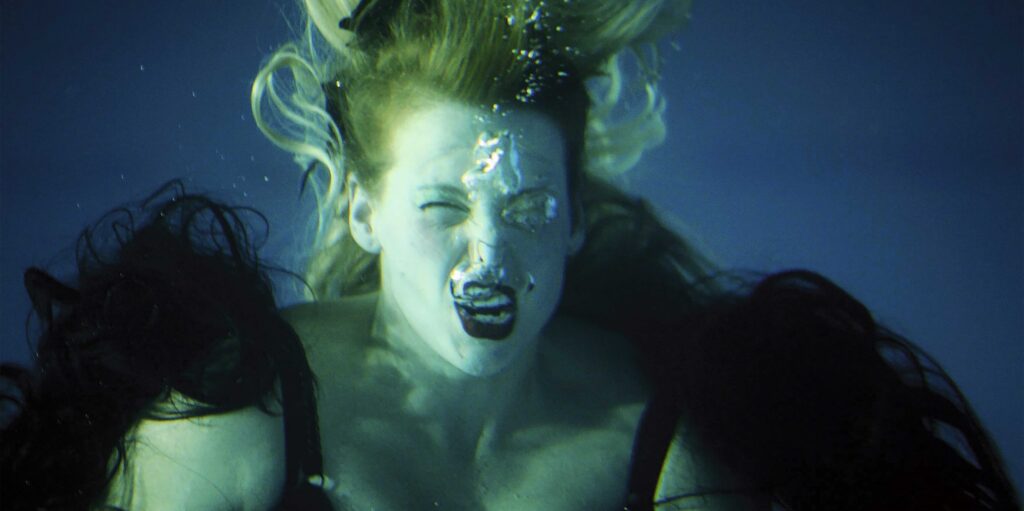On “Oceans”
We recorded our interviews for episode 6: “Oceans” across vast stretches of water (and land). Our conversation with Juliana Snapper and Andrew Infanti was literally all over the place. Juliana was in Izimir (Turkey), Andrew in Paris, my cohost Joy Calico in Nashville, and I was in Montevideo (Uruguay), looking down on the muddy waters of the Rio de la Plata. And when we talked to Melody Jue, we brought Santa Barbara into the mix as well. Both conversations lasted for quite some time, but by their respective ends both Joy and I felt they could have gone on for much longer because we so much enjoyed talking with our interlocutors!
The Rio de la Plata is an odd body of water. From our apartment window, it looked as if it was an ocean, expanding all the way to the horizon line. A string of great town beaches curve around the shape of Montevideo. Local people use them as if they were the most pristine ocean beaches you could imagine, despite the water’s rather uninviting color and the absence of anything that could really be called a wave. During my three-week stay in Montevideo, I really learned to love the city’s waterfront: the sight of thousands of people strolling down the so-called Rambla every night to wind down after a busy day; kids playing soccer in the sand at the edge of the water; the big sky above the water. The options for swimming, let alone diving, were rather limited. So, there was no way to experience the kind of buoyancy Melody describes in this episode as a crucial element of the life aquatic, of transcending he demands of gravity and bi-pedal terrestrialism. And trying to sing under water, like Juliana, trying to push the body’s and voice’s limits to their extreme, didn’t really appear wise either.
And yet, even though neither Juliana and Andrew, nor Melody had the Rio de la Plata in mind when thinking about what oceans can do for us—and what we have done to the planet’s oceans—the image of the river’s oceanic width and drama will remain edged into my memory when recalling the making of this particular episode.
Lutz

